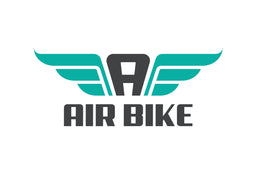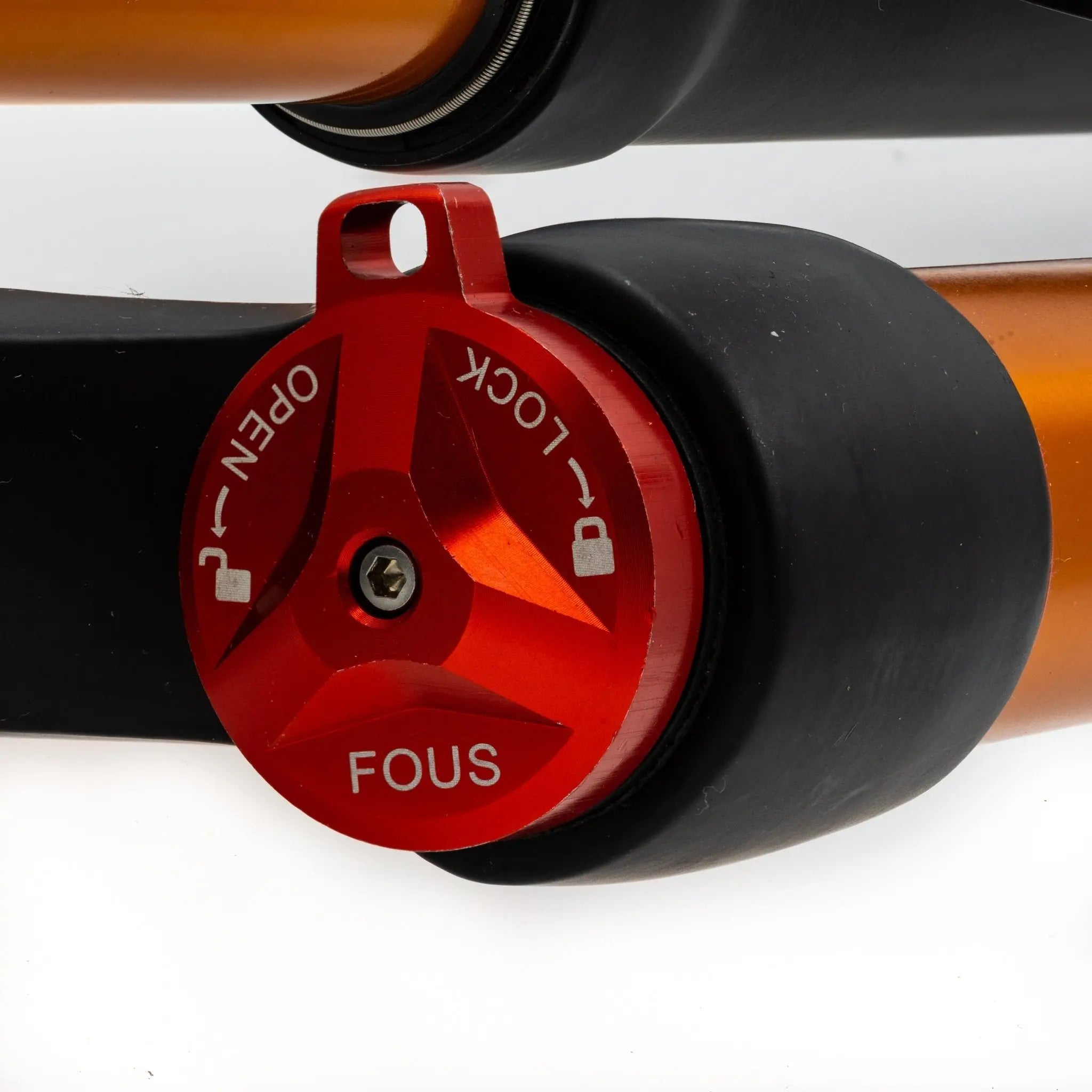Choosing the Right Fork: Your Guide to a Smoother Ride
The humble fork, nestled at the front of your bike, plays a crucial role in your cycling experience. It absorbs bumps, maintains control, and directly impacts your comfort and handling. But with a variety of options available, choosing the right fork for your bike can feel overwhelming. Fear not, fellow cyclists! This guide will equip you with the knowledge to select the perfect fork for your needs.
Understanding Fork Types:
-
Rigid Forks: These lightweight forks offer a simple and efficient design, ideal for road bikes and fixed-gear bikes where weight and pedaling efficiency are paramount. However, they lack suspension, making them less suitable for rough terrain.
-
Suspension Forks: These forks offer a smoother ride by absorbing bumps and vibrations. They are essential for mountain bikes and gravel bikes, where comfort and control are crucial. There are two main types of suspension forks:
- Coil Spring Forks: These forks utilize a coil spring to provide suspension. They are generally more affordable and less complex but offer limited adjustability.
- Air Suspension Forks: These forks use air pressure to achieve suspension. They offer superior adjustability, allowing you to fine-tune the fork's performance based on your weight and riding style. However, they tend to be more expensive and require a pump for adjustments.
Key Considerations When Choosing a Fork:
- Your Riding Style: Are you a hardcore downhill rider or a casual weekend cruiser? Downhill riders will need a fork with more travel (suspension distance) to handle rough terrain, while cross-country riders may prioritize lighter forks with less travel for better pedaling efficiency.
- Wheel Size: Forks are designed for specific wheel sizes (e.g., 26", 27.5", 700c). Ensure the fork you choose is compatible with your bike's wheels.
- Steerer Tube Diameter: This is the diameter of the tube that inserts into your bike's head tube. Measure your existing steerer tube or check your bike's specifications to ensure compatibility.
- Disc Brake Compatibility: If your bike uses disc brakes, select a fork with disc brake mounts. Determine your disc brake type (hydraulic or mechanical) for further compatibility.
- Travel (Suspension Forks Only): Travel refers to the distance the fork can compress. More travel offers increased comfort but can affect handling and pedaling efficiency. Choose the travel distance based on your riding style (see "Your Riding Style" point above).
Pro Tip: Don't be afraid to seek help! If you're unsure about any aspect of fork selection, consult a qualified bike mechanic. They can assess your needs and recommend the perfect fork for your bike and riding style.
Happy riding!


